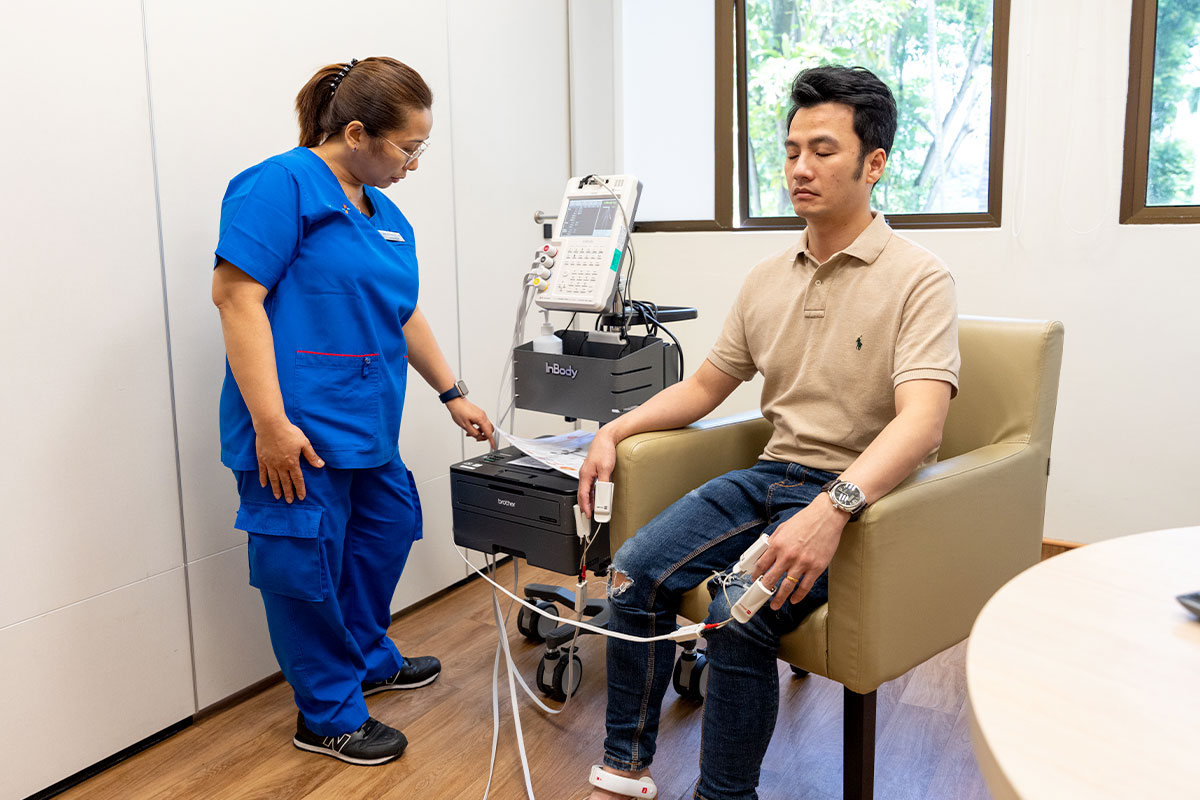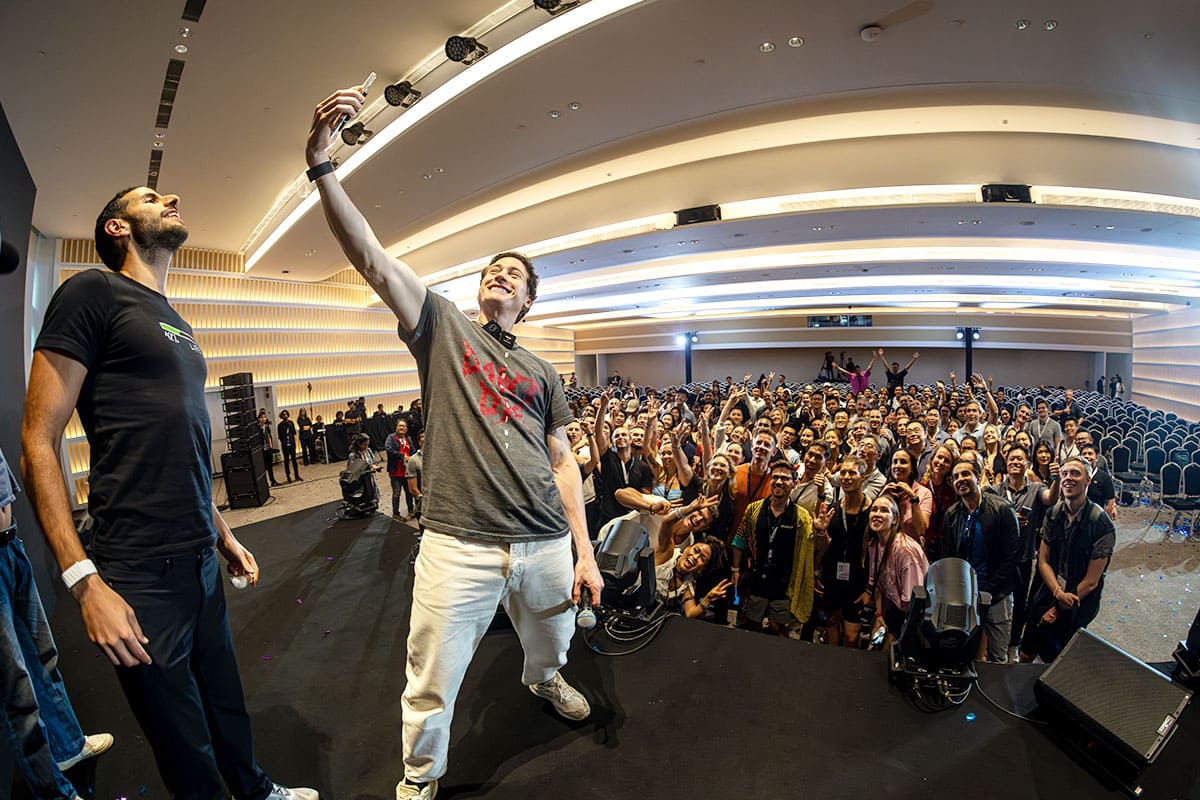While the average life expectancy of Singaporeans is about 84 years, a 2019 Ministry of Health report indicates that health span in Singapore is approximately ten years shorter. This discrepancy suggests that many people spend their final years suffering from illness — perhaps even to the point of being bedridden — and are unable to live out their final years in peace and good health. Is this inevitable? If not, how can this be changed?

At the start of the 21st century, living to 100 was thought to be a rare and admirable achievement. However, in today's world of technological advancements, healthcare improvements and increasingly optimised lifestyles, many more people are approaching this once-distance age milestone.
According to data from the World Health organisation, the number of centenarians worldwide is growing at an astonishing rate. The Population Division of the United Nations estimated in 2021 that there were over 573,000 centenarians worldwide, and this number is projected to surpass 1 million by around 2030. By 2050, it is projected that living to 100 will no longer be a privilege enjoyed by a lucky few but a widespread social phenomenon.
This trend not only signifies tremendous progress in human health and well-being, but also presents unprecedented challenges and opportunities for our social structures, economic models and even individual life planning. With increased life expectancy, people need to rethink various aspects of their lives, including their career paths, financial planning and family relationship management.
Healthy longevity, if done right, should actually reduce societal burden. When people remain healthy into their later years, they continue contributing to society, require less intensive medical care and maintain independence.
Dr Laureen Wang Yi TingHead of Well Programme of Alexandra Hospital
Consultant cardiologist in Alexandra Hospital and National University Heart Centre Singapore
Within Alexandra Hospital is a clinic dedicated to healthy longevity research. It is headed by Dr Laureen Wang, head and consultant of the hospital’s Well Programme (Be Better). She and her team are conducting various studies to help people narrow the gap between lifespan and health span, enabling them to enjoy true healthy longevity.
To achieve this ideal, we need a "longevity ecosystem" that encompasses forward-looking preventive healthcare, sustainable urban planning, lifelong education, and social support systems.
Dr Wang thinks that Singapore is uniquely positioned to develop this model with its integrated healthcare system and forward-thinking policies. These include island-wide park connectors, efforts to combat climate change, amenities within a 20-minute walk of residential areas and active ageing centres.
"No one wants a situation where society becomes predominantly elderly people requiring more nursing homes, hospital admissions, and caregivers… that's not 'healthy longevity'," she noted.

Investing in future health
What does healthy longevity mean for youths, the middle-aged and seniors?
Dr Wang likens the pursuit of healthy longevity to an investment in oneself and one's future. How can this concept be nurtured from a young age?

Precision Prevention
The pursuit of immortality has long been a goal for many, with numerous historical attempts to discover an elixir of life. However, this is not the goal of the Healthy Longevity Research Clinic.
Dr Wang believes that there is no miracle pill for longevity.

Adding Life to Years
Singapore boasts one of the highest life expectancies in the world, but this does not mean that everyone enjoys a high quality of life in their final days.
A person's lifespan refers to the total number of years lived, whereas healthspan measures the years during which a person remains healthy, active and free from chronic diseases or significant functional decline.
What is "Healthspan Gap"?The "healthspan gap" is the period of time between the onset of major health issues and eventual death. In many developed countries, chronic diseases like diabetes and hypertension occur earlier. The average person has poorer mental well-being, and dementia and cognitive decline are becoming increasingly prevalent.

The Longevity Gap
The issue of equality in healthcare for the rich and the poor remains contentious, regardless of whether it concerns medication for common chronic diseases or exorbitant treatments for rare conditions. After all, the funds and subsidies from the government and taxpayers are finite.
Dr Wang says, "Exercise is a challenge for every working person...even if it is really late in the evening, I will try to do some stretching, even if it is just for five minutes. The point is not to break the cycle. Once you miss one exercise session, this is just likely to accumulate and snowball, and you're just going to let go."
Dr Wang said, the worst excuse she has heard is that there is not enough time — that one is too busy and stressed, that life is too competitive or even that inflation is too high — to look after one's health. "Many Singaporeans sacrifice sleep, physical activity for work or screen time, not realising its profound impact on our health," she cautions.
"Future 365" 2024 series